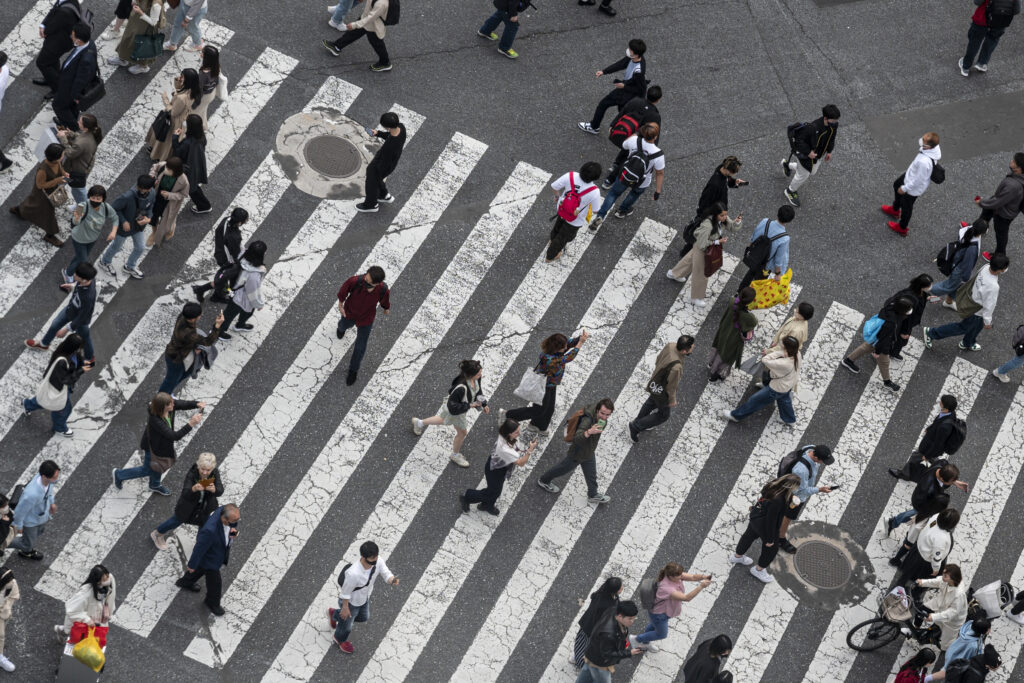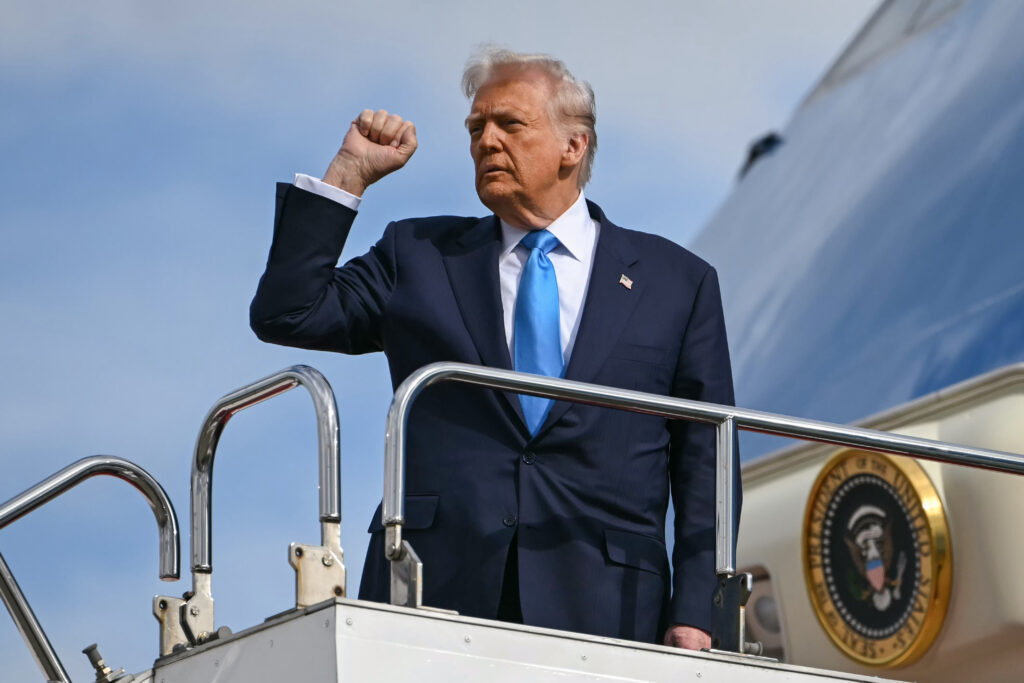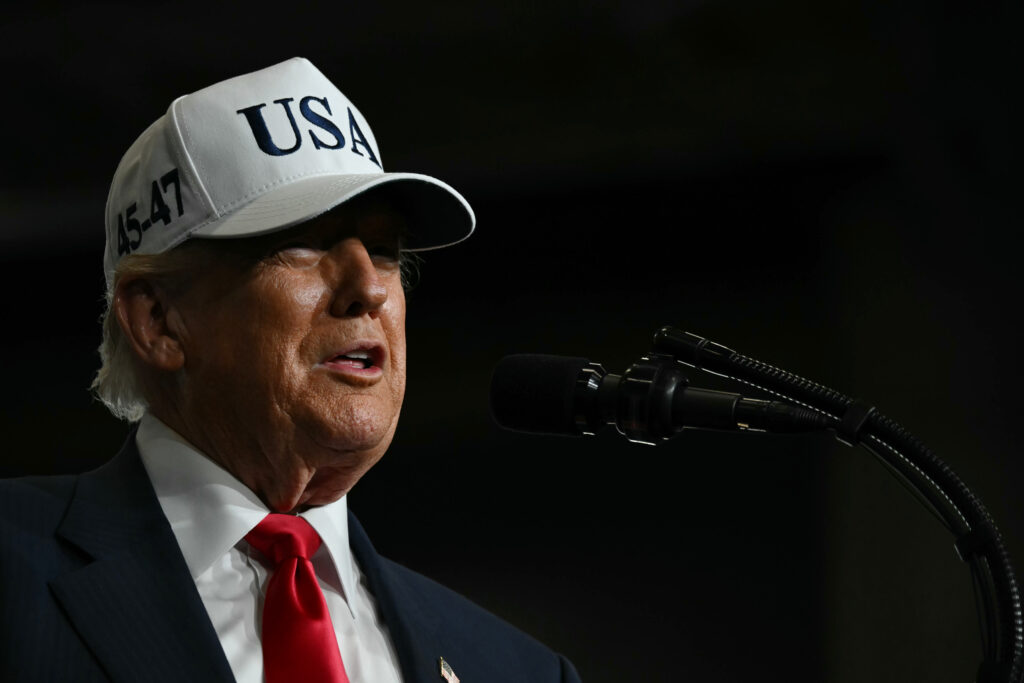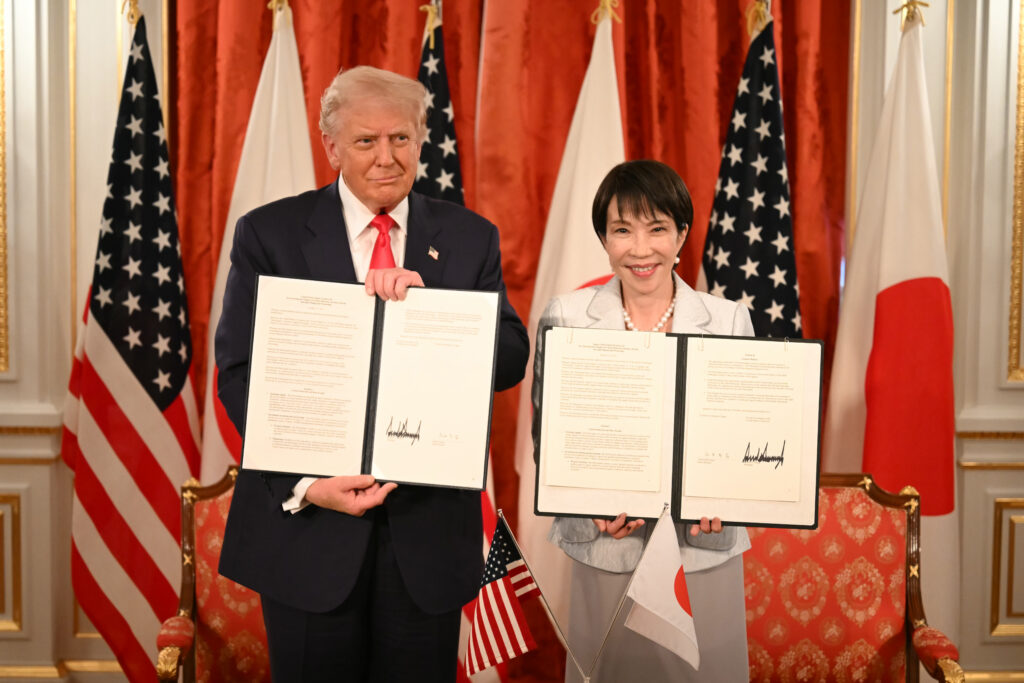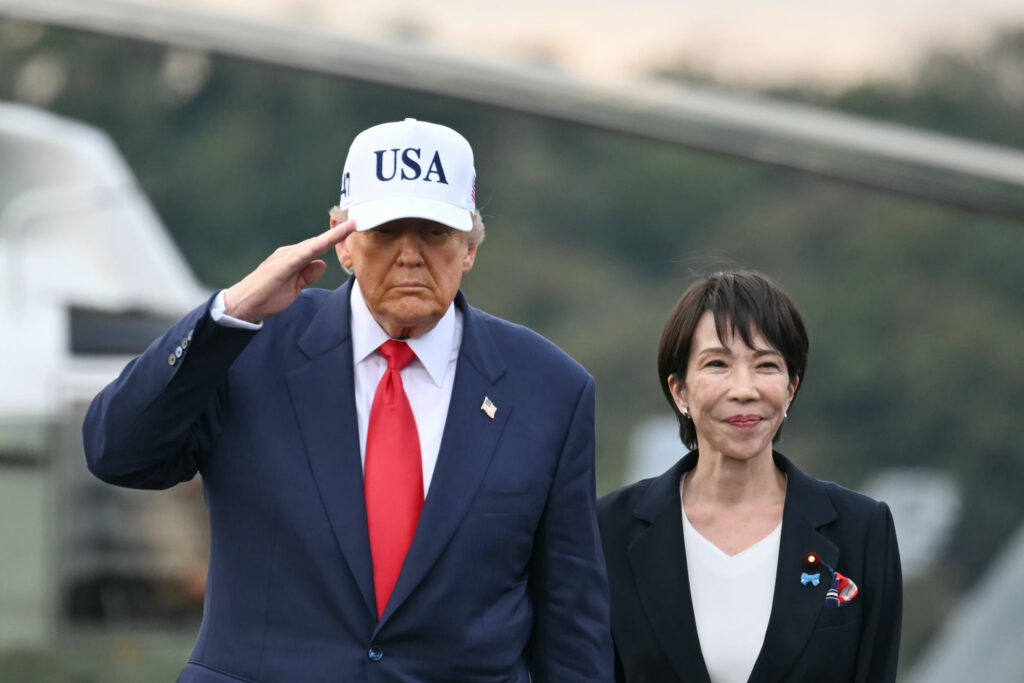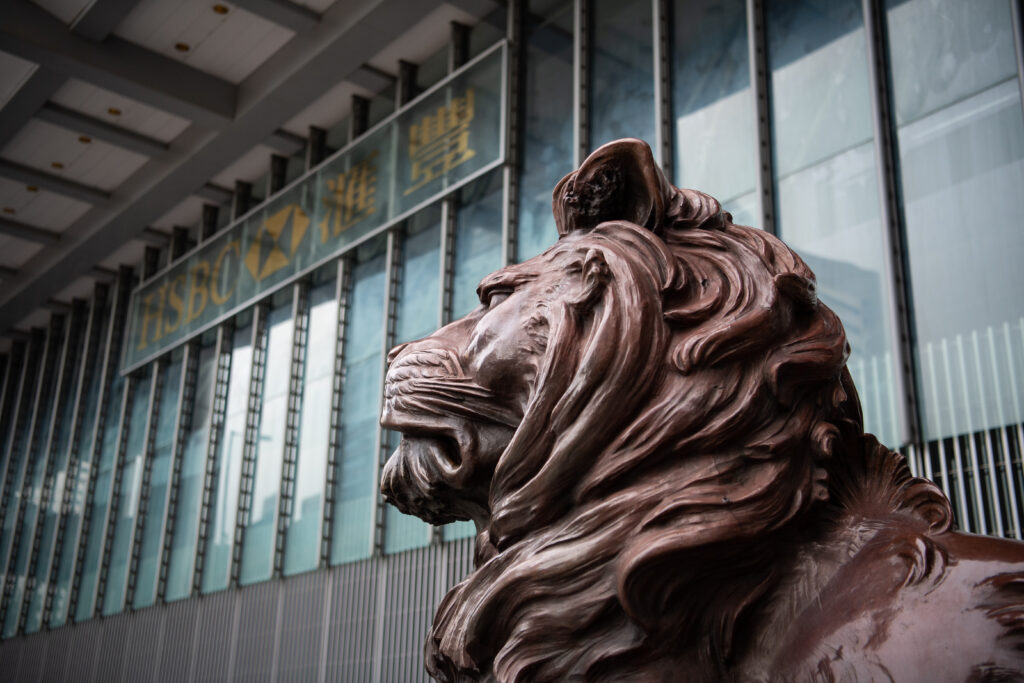Asia stocks join Wall Street records as tech bull run quickens
Asian stock markets surged on Wednesday, matching record gains on Wall Street the previous day as investor confidence in AI tech and coming interest rate cuts in the United States reaches fever pitch.The extended bull run comes ahead of a Wednesday afternoon announcement by the US Federal Reserve, which observers expect will unveil a quarter-percentage-point cut to lending rates.It also has been boosted by growing faith in a deal to avoid a damaging trade war between the world’s top two economies, with US President Donald Trump due to meet his Chinese counterpart Xi Jinping in South Korea.Trump — who arrived in the country Wednesday following visits to Malaysia and Japan — has hinted he is confident of reaching an agreement with Xi.Those hopes have added to an already jubilant atmosphere on Wall Street, where highlights during Tuesday’s record-breaking day included a five-percent leap for artificial intelligence giant Nvidia.There has been “little sign of concern about holding tech risk into the upcoming Fed meeting, which in theory should be a lower-impact event on markets,” wrote Chris Weston of Pepperstone in a note.”It’s the tech show, and this is where capital remains firmly centred,” he said.Japan’s benchmark index leapt by more than two percent on Wednesday, while Seoul surged more than one percent — both reaching record highs.Taipei also gained more than one percent on the day and Shanghai tracked moderate gains.Sydney’s main index finished down, while Hong Kong was closed for a public holiday.During morning trading in Europe, London rose slightly, Paris edged down and Frankfurt was flat.The record streaks have picked up pace ahead of expected earnings reports in the coming days by major US tech giants including Microsoft and Meta.This year’s AI boom has coincided with a global tariff onslaught unleashed by the US president, with policies hitting China particularly hard.Ahead of his arrival in South Korea, Trump told reporters on Air Force One he expects “a lot of problems are going to be solved” during his first in-person discussion with Xi since returning to the White House this year.A spokesperson for Beijing’s foreign ministry confirmed the leaders’ meeting, saying that it would involve “in-depth communication on strategic and long-term issues concerning China-US relations, as well as major issues of mutual concern”.The two leaders are expected to meet Thursday in Busan, a southern port city not far from the APEC summit attended by Trump.- Key figures at around 0830 GMT -Tokyo – Nikkei 225: UP 2.2 percent at 51,307.65 (close)Hong Kong – Hang Seng Index: Closed for a holidayShanghai – Composite: UP 0.7 percent at 4,016.33 (close)London – FTSE 100: UP 0.3 percent at 9,721.34West Texas Intermediate: DOWN 0.1 percent at $60.11 per barrelBrent North Sea Crude: DOWN 0.1 percent at $64.36 per barrelEuro/dollar: DOWN at $1.1628 from $1.1656 on TuesdayPound/dollar: DOWN at $1.3219 from $1.3336Dollar/yen: UP at 152.25 yen from 152.06 yenEuro/pound: UP at 87.96 from 87.80 penceNew York – Dow: UP 0.3 percent at 47,706.37 (close)
